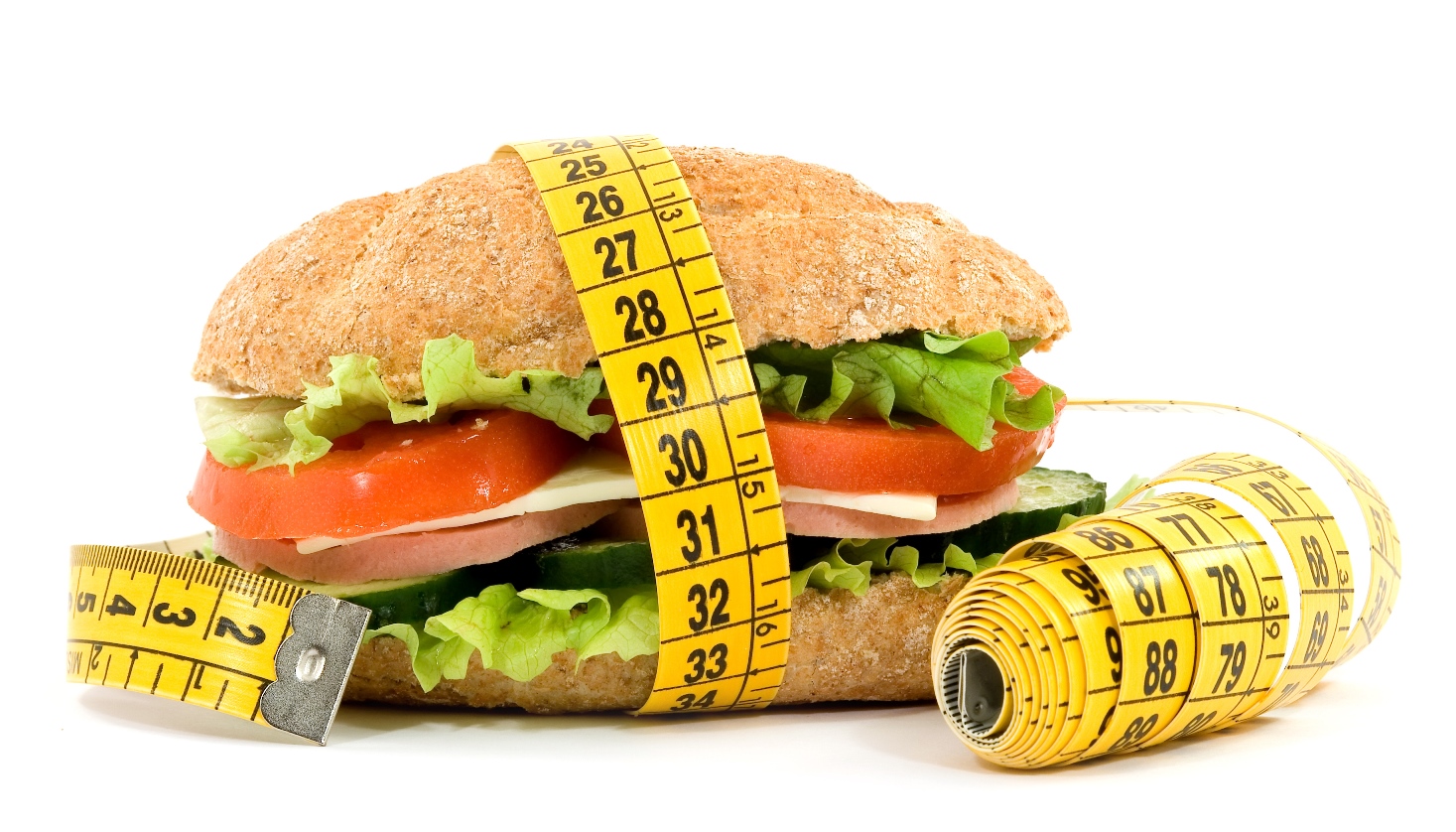Jazz Sethi discusses the importance of mindful communication with people with Diabetes
When I was diagnosed with Type 1 Diabetes 14 years ago, I was in such a paradoxical space. My mind was like a vacuum, empty and numb, and at the same time I was bombarded with information, numbers, names, dosages and techniques and it was overwhelming to say the least. And in that very instance, all I really wanted was someone to look me in the eye and say “it’s going to be alright”.
The world of health is often fraught with words that sometimes bring more “fear” than “comfort” to a person already struggling with living a life filled with doubt and uncertainty. This is done with good intent by our doctors in an attempt to provide clarity and advice, but for a person like me who is actually living And more so in a chronic condition. Since there is no cure, your health care professionals almost become lifelong partners in your journey of management. To build a relationship based on honest communication is paramount. Unfortunately, because of time constraint, overwhelming number of patients and other external factors – in India specifically, a doctor’s appointment just becomes something to check off the list. You spend maybe 2 minutes with your doctor and its often just writing prescriptions and giving instructions. There is no equity in the partnership at all – and that does nothing to empower the person living with Diabetes.
As people with Diabetes, we want to have someone we “chose” to go to and are not forced to go to. We have heard some disheartening stories about health care professionals using scare-tactics to influence their patient. And that’s where the role of this document comes in. We have tried to broadly cover some of the philosophies we as people living with Diabetes would like to see in these interactions and it’s now grown into a global movement. Recently, the Language Matters website was launched to become an evolving home to all the wonderful pieces of work done by people all over the world (www.languagemattersDiabetes.com) And it’s so heart-warming to see so many people who believe in this concept, and it also proves that there is a need for it as well.
In my opinion, these pieces of works are not meant to be rule books. They are simply meant to offer some perspective. Hear from the voices that are speaking from lived experience. These documents don’t just talk about ‘phrases and words’ that can be substituted with friendlier alternatives; they also discuss things like non-verbal communication, language that family uses and basic themes that can make the conversation less confrontational and more collaborative.
For me personally, language matters has never been about words – it’s always been about the intentions behind the words. It’s always been about how a smile can promise things that no words can. It’s always been about kindness. It’s always been about listening with your senses. It’s always been about co-creating one’s treatment plan and being considerate and caring about invisible battles that sometimes leave no scars.
As someone living with Type 1 Diabetes, we want to be confident that our healthcare providers, our friends and our families will become our confidants. We want to know that you won’t judge our values, won’t scold us for being too high, and won’t scare us with complications.
We hope that you will see the names behind the numbers. The stories behind the stats and the people behind the patients.
And I don’t think Language Matters only pertains to healthcare. I think now, more than ever, we need to know that the language we use can play a deep role in our lives. Does this mean that you must weigh your words? Not at all. It simply means, that we can all be a litter more empathetic when we are speaking to those who we know nothing about.
Because in the end, we are human by chance, but we can be humane by choice.
Jazz Geet Sethi is the Founder / Director
of the Diabesties Foundation
(www.diabesties.foundation













